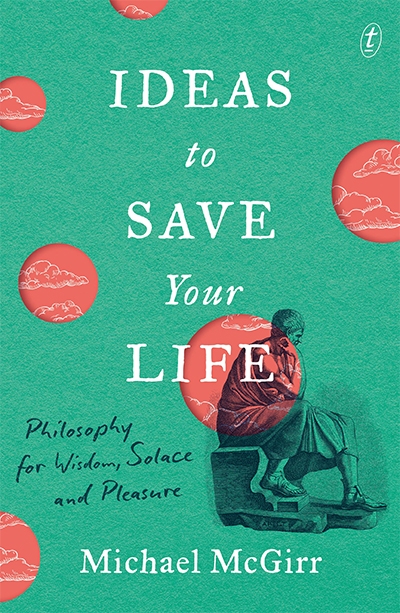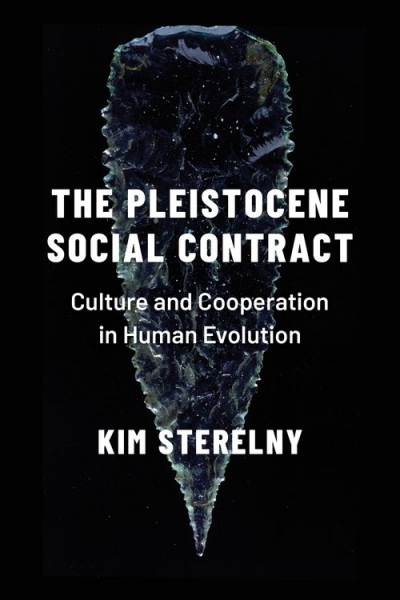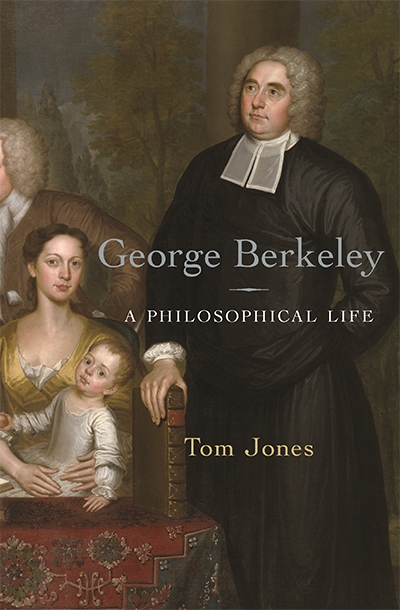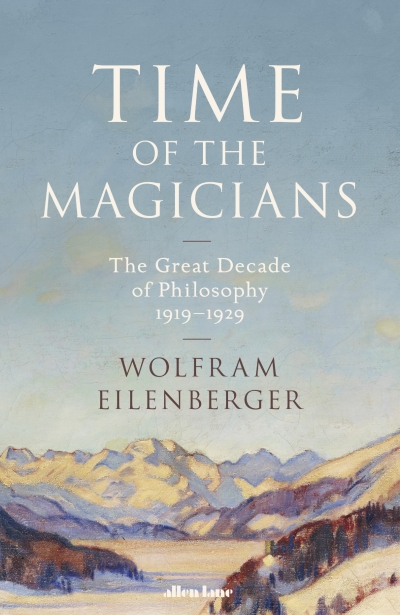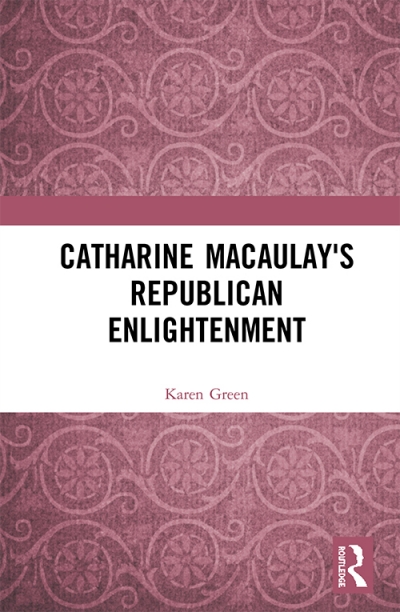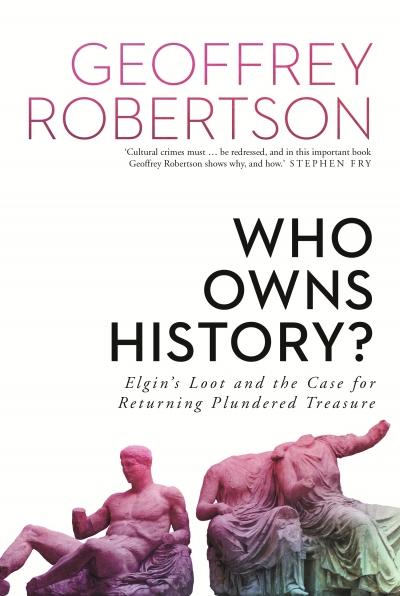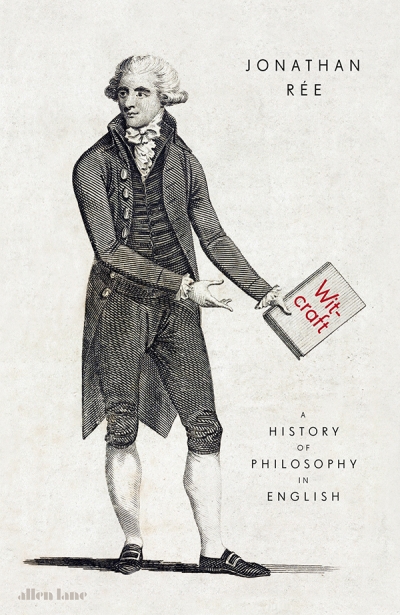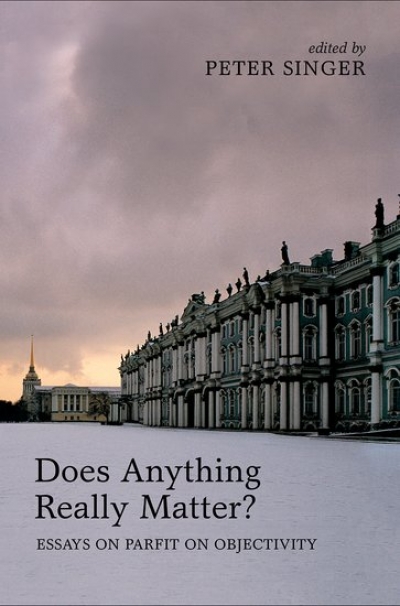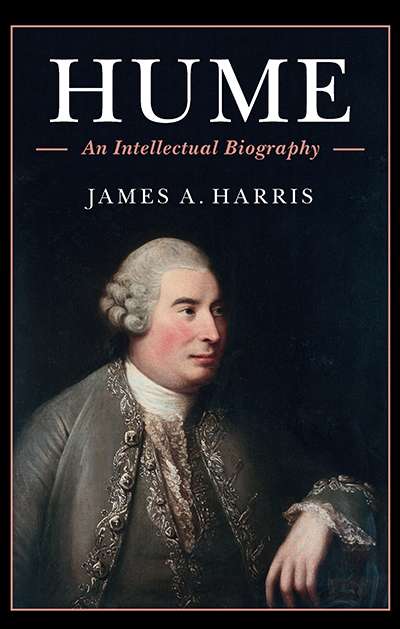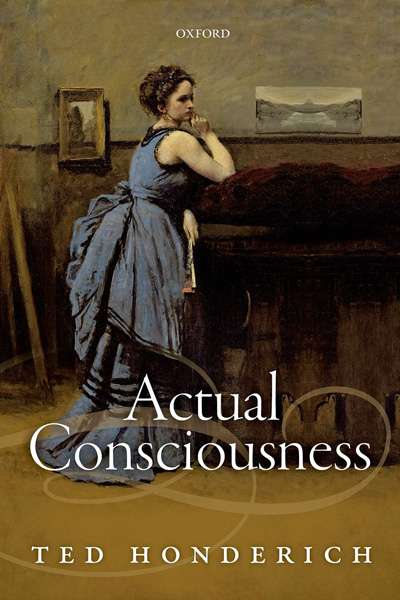Janna Thompson

Janna Thompson is a professor of philosophy at La Trobe University. She is the author of Taking Responsibility for the Past: Reparation and Historical Injustice (2002) and Intergenerational Justice: Rights and Responsibilities in an Intergenerational Polity (2009). She has also written articles on environmental philosophy, aesthetics, feminism, and global justice.
Archaeologists can tell us about the tools, diets, shelters, art, and burials of humans and other hominins who lived during the Pleistocene, the geological period lasting from two million to twelve thousand years ago. But what we most want to know is hidden from view. How did they communicate? What was it like to be them? How did they become us?
... (read more)
George Berkeley (1685–1753) proposed a radical solution to the conundrums of modern philosophy. By denying the existence of matter, he dismissed the problem of how we can know a world outside our minds. Only minds and their ideas are real. The problem of understanding how mind and matter interact is dissolved by Berkeley’s immaterialism, and so is the difficulty of explaining how causation wor ... (read more)
Philosophers attending a conference in the Swiss resort of Davos in 1929 eagerly anticipated a debate between Ernst Cassirer, a celebrated member of the academic establishment and a supporter of progressive liberalism, and Martin Heidegger, whose radical break from tradition had impressed younger philosophers. For those who expected a clash of titans, the result was disappointing. There were no de ... (read more)
Catharine Macaulay (1731–91), a celebrated historian in England, was acquainted with leading political figures and intellectuals in Britain, America, and France. American revolutionaries were influenced by her republican principles, and the feminist pioneer Mary Wollstonecraft was inspired by her views. Today she is a largely forgotten figure, at most a footnote in histories of the period and no ... (read more)
After his success in forcing the British Natural History Museum to return skulls and bones of Tasmanian Aboriginals, the human rights lawyer Geoffrey Robertson was asked by the Greek minister of foreign affairs to ascertain whether international law could be used to induce the British to return the Parthenon Marbles to Greece. Although the project found favour with a succession of Greek prime mini ... (read more)
Mary Ann Evans arrived in London from country Warwickshire in 1851 into an environment of intellectuals who believed in the progress of the human spirit through criticism of superstition and the application of science. Working first as a translator and critic, she became for a time the editor of the Westminster Review, a journal that had been turned by John Stuart Mill into a forum for philosophic ... (read more)
Philosopher Derek Parfit claimed that nothing matters unless ethical and other normative beliefs are objectively true. Parfit, who died on 1 January 2017, wrote a three-volume work, On What Matters (2011–17), because he believed that the meaningfulness of his life, and the lives of others who devote themselves to ethical thought, depend on demonstrating the reality of normative properties and th ... (read more)
David Hume earned his place in the philosophical pantheon mostly because of the uncompromising empiricism of his early work A Treatise of Human Nature (1738). He looked into his mind and found no such thing as the will or an agent that directs it. He found nothing in the world to explain causal connection and concluded that predicting the future depends on an inclination of mind. Sympathy and util ... (read more)
Our perceptual world is rich in colour and sound. We think and imagine. We experience repugnance and longing. Meanwhile, in our brains neurons are firing and chemical reactions are taking place. Conscious experience and brain events are obviously related. Reputable Australian philosophers insist that they are one and the same. But how can events with such different qualities fit together?
... (read more)

